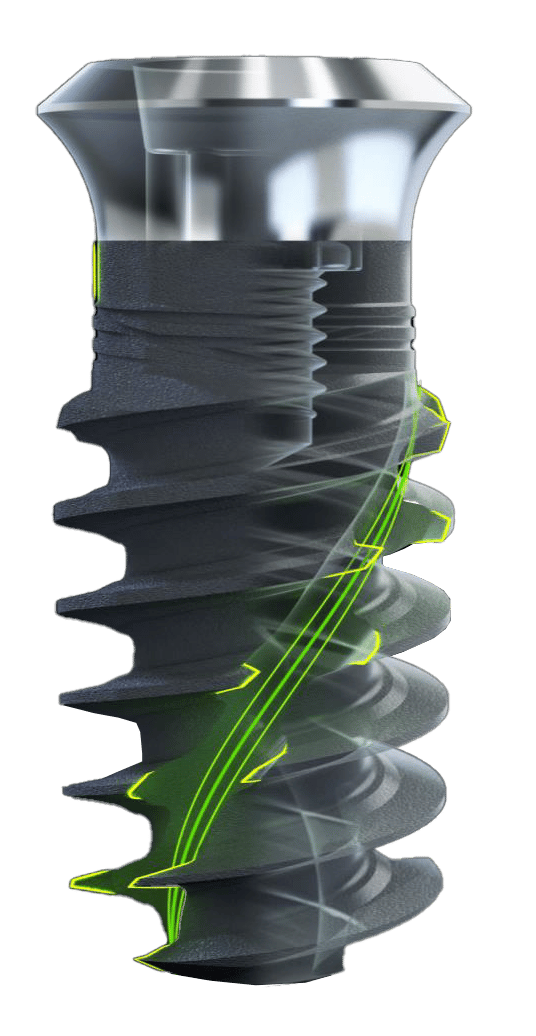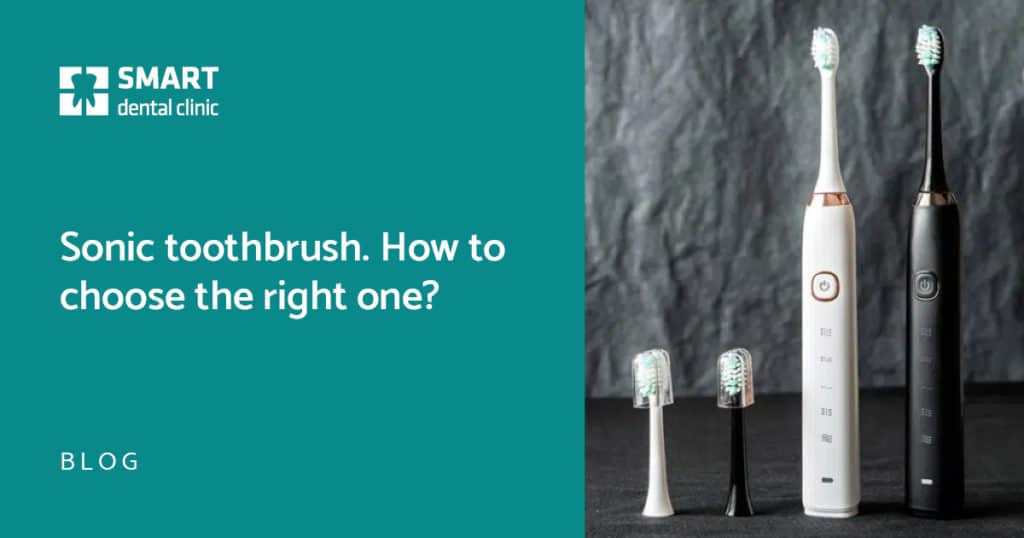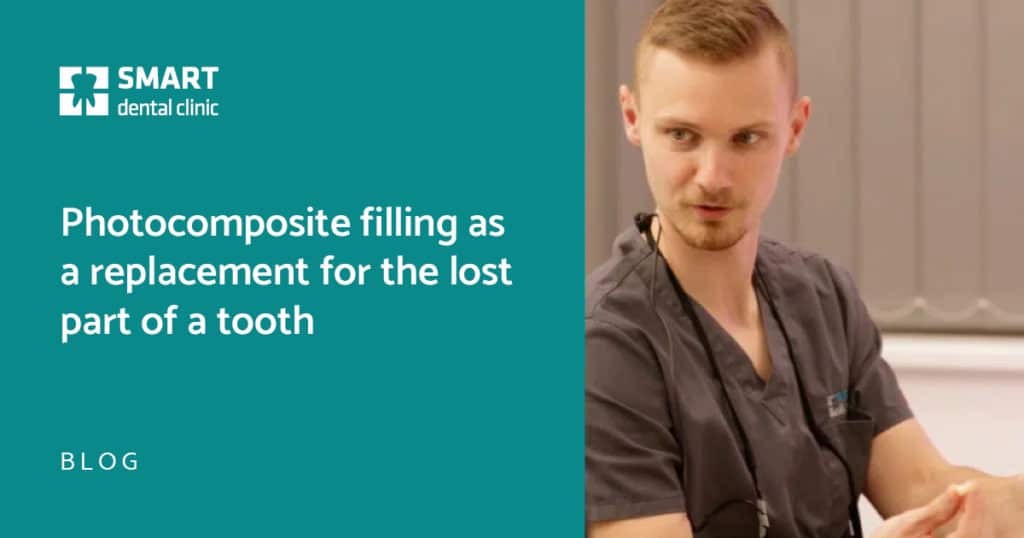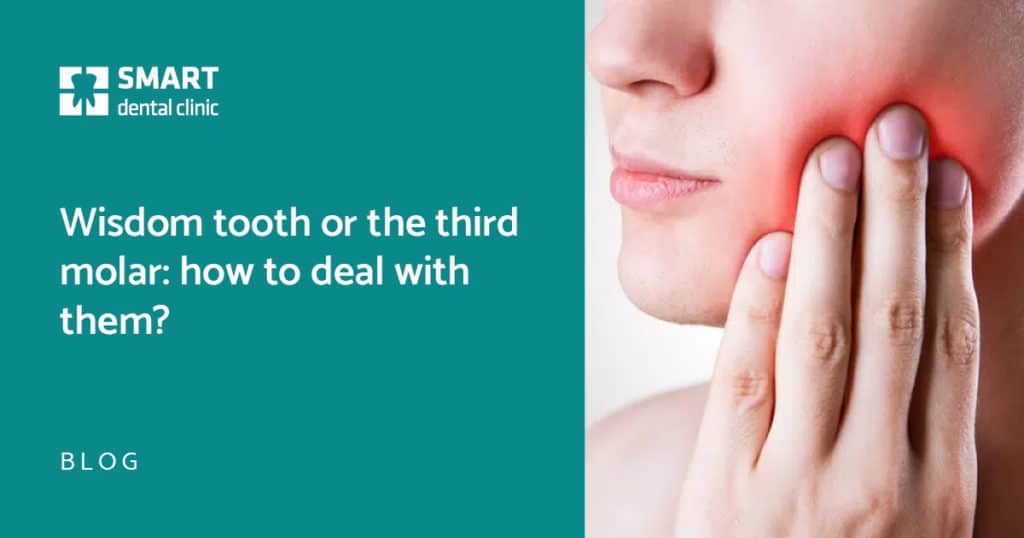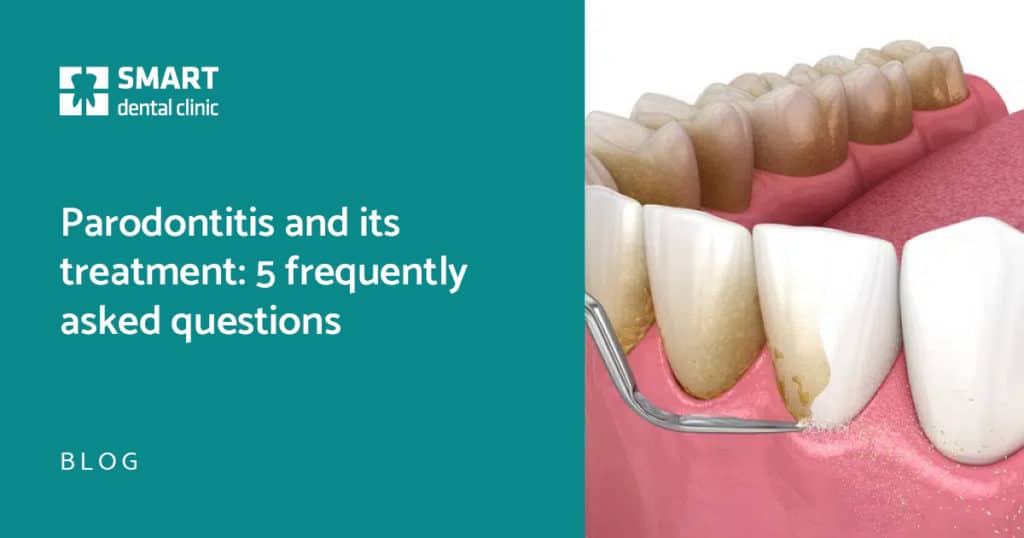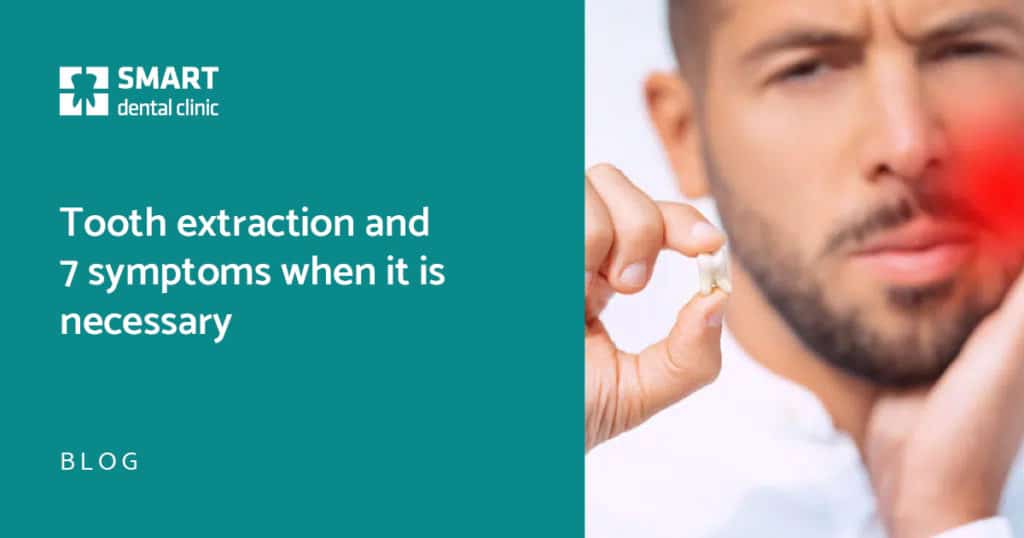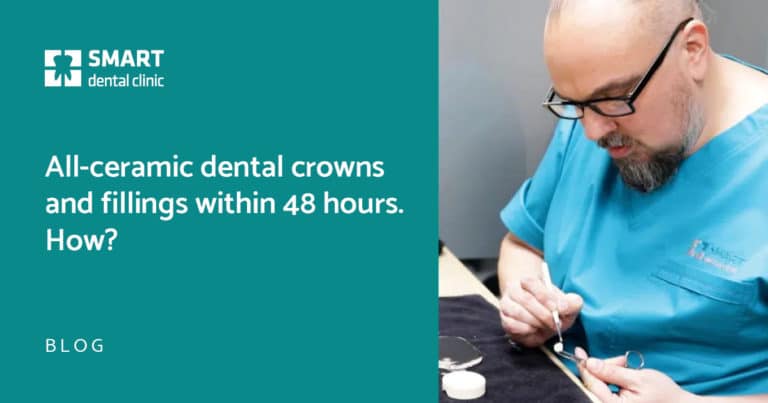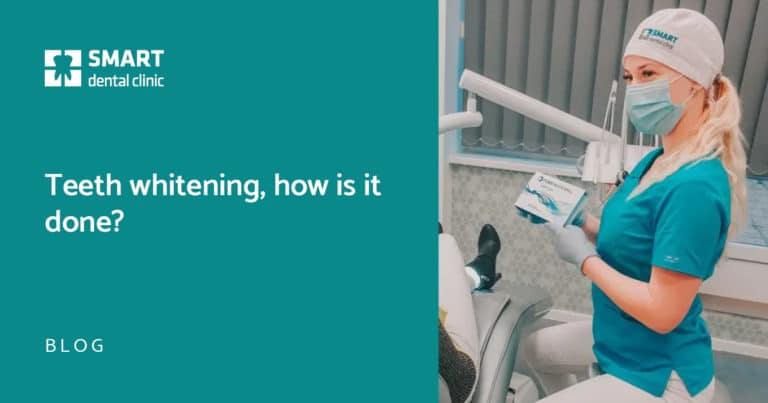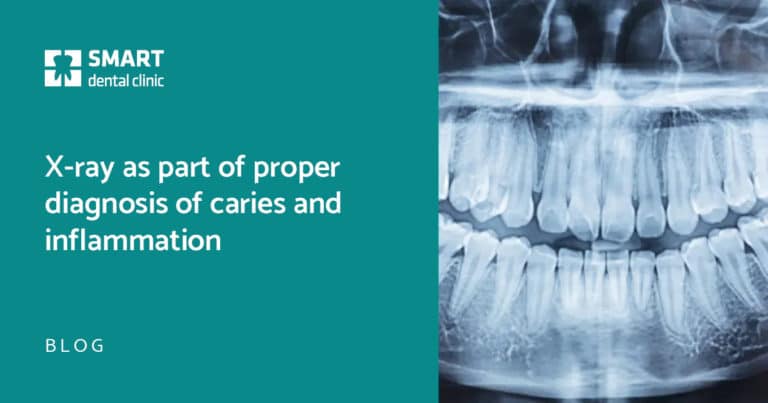Content of the article:
What is tooth extraction?
Extracting a tooth or simply pulling a tooth is removing a tooth from its dental bed. Tooth extraction is a routine outpatient procedure that usually does not necessitate more than a single sitting under a local anesthesia and is done with.
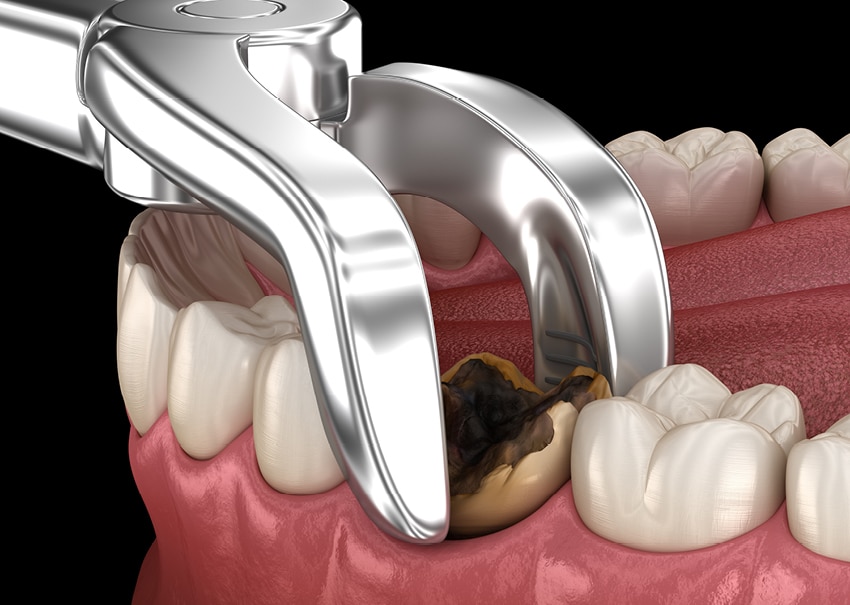
When is tooth extraction
- The tooth is decayed to such extent that it is no longer possible to treat it with a filling or a crown;
- The tooth suffers from extensive inflammation in the root area and this inflammation cannot be tackled by root canal treatment;
- The tooth is affected by severe periodontitis, i.e., the tooth is wobbly and often has its roots exposed;
- After root canal treatment, the tooth continues to suffer from persistent inflammation, pain and subjective discomfort;
- The tooth is a source of focal infection. It is a localized infection concentrated in the focus, which is a potential source of disease of the entire body, most often when the body is weakened. Focal infection should be eliminated, for example, before cardiac surgery, joint replacement or chemotherapy;
- The tooth that has been designated for extraction by an orthodontist due to lack of space in the dental arch;
- The tooth in an unsatisfactory position, and this position traumatizes the surrounding tissues. Most often, these are the third molars, also called the wisdom teeth.
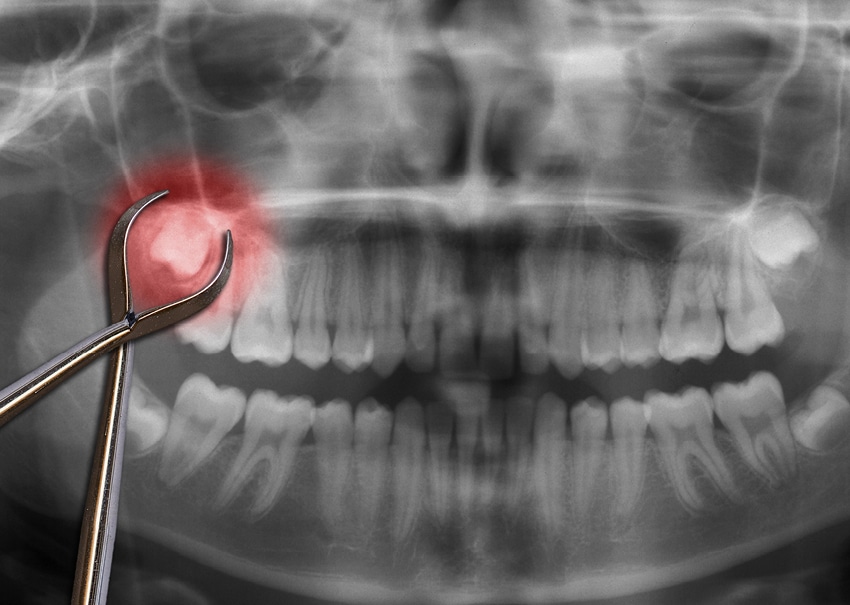
Is tooth extraction painful?
No! You don’t have to worry about having a tooth extracted anymore. Forget the bad experience from your childhood, in our clinic, every extraction is painless, done under local anesthesia.
The treating physician will always wait for the onset of the anesthetic effect, make sure that the anesthesia is already effective and then proceed with the extraction. The patient does not feel any pain during the entire procedure, the only thing the patient registers is painless pressure.
What to do and what to avoid after tooth extraction?
- Bite and hold for at least 15 minutes or more;
- Flushing the mouth. Do not flush your mouth during the whole day after extraction, so as to prevent flushing out blood clots, which are necessary for proper healing;
- On the second day, rinse with tea, e.g., chamomile, rapeseed, sage or with water;
- Do not eat for 3 hours after extraction, then consume predominantly liquidy food, avoid chewing on the painful side. Avoid dairy products (due to fermentation). Do not eat or drink hot foodstuff. Do not drink alcohol;
- Refrain from smoking (at least 1 day), alcohol (2 to 3 days), coffee (not hot);
- Cold compresses. These work well against bleeding and swelling. On the day of the procedure and on the day after, apply ice, a handkerchief dipped into ice-cold water to the treated area (chin, lip, cheek) so as to reach a cooling effect. Do not use compresses on subsequent days;
- Head position. Sleep or lie on a tall pillow, do not tilt your head backwards.
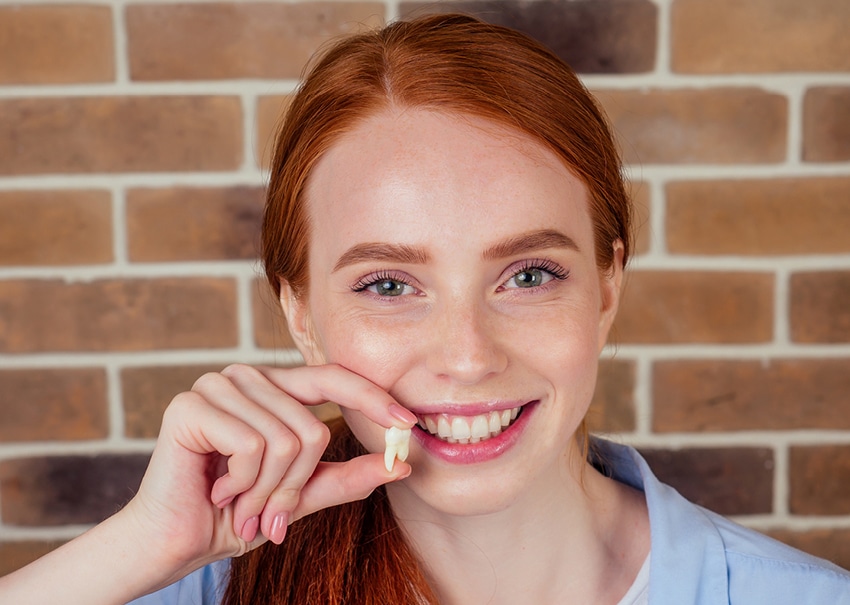
Healing after tooth extraction
Swelling after extraction may persist for up to 3 days after the procedure, we recommend the use of painkillers (Ibuprofen, Ibalgin). Your dentist will discuss the exact dosage with you. In the event of pain or greater problems, it is necessary to contact your physician. If you follow all our recommendations, you will avoid unpleasant complications and reduce the chance of post-extraction difficulties to a minimum.

Tooth extraction at Smart Dental Clinic
DID THE ARTICLE RESONATE WITH YOU?
BOOK AN EXAMINATION TODAY!
-
Extraction of temporary (milk) tooth from 50 €
-
Single-root tooth extraction from 75 €
-
Multi-root tooth extraction from 90 €

MDDr. Dana Václaviková
Dentist, Bratislava











